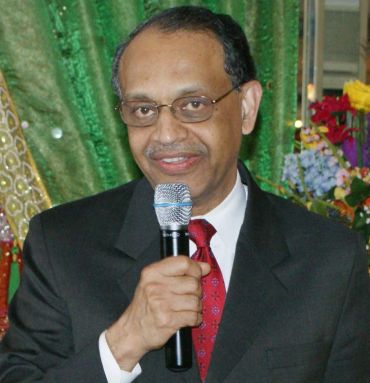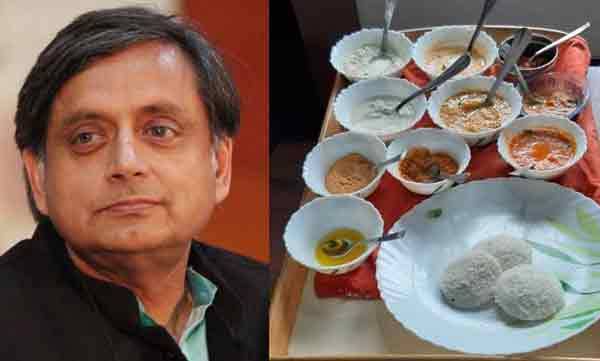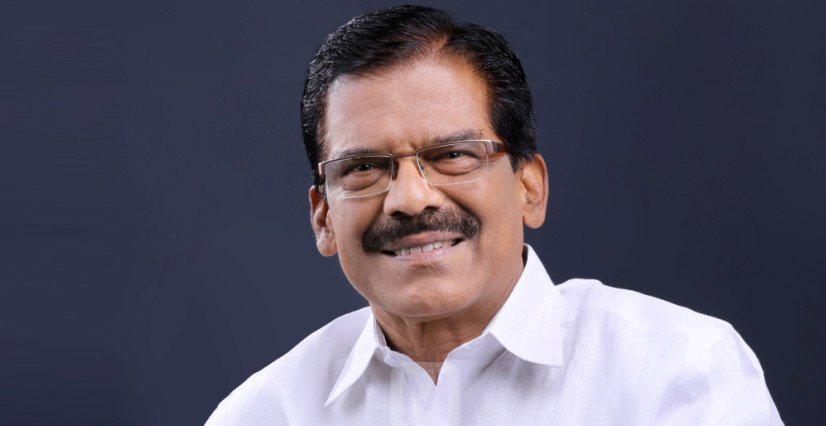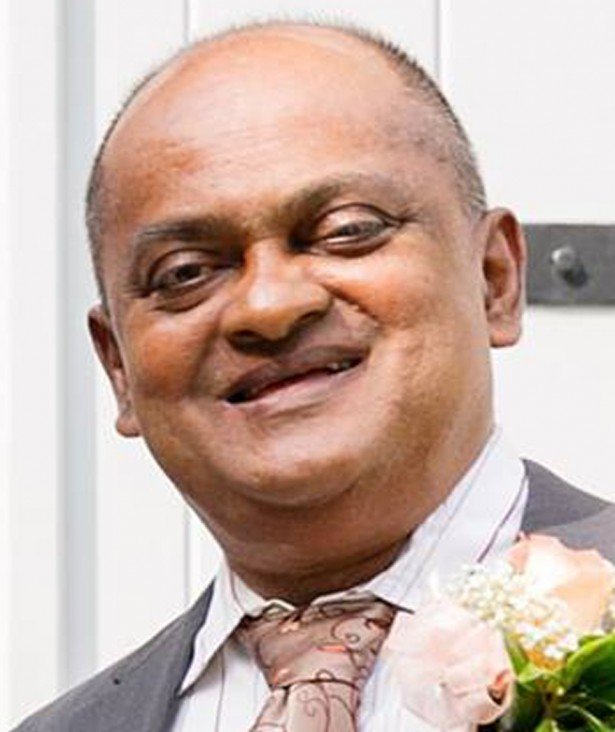George Abraham
Following the stunning victory by Mr. Donald J Trump for the presidency of the United States, the question many Asian Indians are asking is what kind of an impact this would have on the US- India relationship. President George W. Bush was instrumental in bringing this bi-lateral relationship to new heights with his open and aggressive advocacy for the Indo-US Civil Nuclear Treaty and created a continuum through the Obama years to further develop and foster this relationship into a strategic alliance. Donald Trump is not a stranger when it comes to dealing with Indians, and his business undertakings in Pune and Gurgaon are clear evidence of that existing bond. Also, we have witnessed a surge of support for him from the Indian community in U.S. spearheaded by businessman Shalabh ‘Shalli’ Kumar, who has not only raised campaign funds for the President- elect but also arranged a large gathering in New Jersey in honor of him.
At the outset, one may also wonder whether Shalli Kumar, who is said to be having close ties to Sangh Parivar organizations in India, acted alone or with blessings from those power centers! Regardless, the election of Donald Trump has raised serious concerns among the Indian community in U.S. which have overwhelmingly supported Hillary Clinton for the Presidency. Although Indian Americans are mostly conservative in their social outlook and not necessarily cleansed out of their caste affiliations or prejudicial minds, Trump’s proposals dealing with issues such as Immigration and Trade have unnerved their senses. Also, many seem to have justifiable apprehensions on the possible rise of the far right movements that could threaten their safety and the economic stability of their children. Although some those concerns are beyond the pale, this just concluded election has its consequences not only for the community but also for the US-India relationship especially when it comes to Trade and Immigration. Trump’s ‘America First’ populist slogan, was a shot across the bow to the globalists and one that was fully embraced by the blue collar workers of America. There is a widespread feeling in U.S., particularly among the white working class, that globalism has decimated the middle class here while creating them in countries like China and India. Although putting tariff and trade restrictions are anathemas to the Republican orthodoxy, Donald Trump may try to renegotiate many of the existing business deals that may include trade treaties with India as well. Trump called the H1B visa program as ‘unfair’ and criticized the Democratic Candidate Hillary Clinton for her support for outsourcing of jobs. Although H1B was designed to provide a temporary workforce, there were widespread allegations of abuses that may have resulted in American labor being supplanted by many of those foreign temporary workers.
With Alabama Senator Jeff Session in line to take charge of the Justice Department as the future Attorney General - considered by much as more hawkish on Immigration issues - we may see a limit on the H1B entries and new guidelines for a stricter adherence to the law. However, it could also be a boon for India where these technical hands may experiment with their ideas in their homeland Page 2 of 2 rather than in Silicon Valley where 44% of the startups has an immigrant founder. India’s software services accounted for 82 Billion dollars worth of exports to North America in 2015 and only time will tell how adversely the incoming Trump administration would impact it. Mr. Trump has promised to reform the Tax Code and is calling for a tax reduction down to 15% for the corporate sector. He has vowed to bring the offshore deposits of multi-national corporations back to U.S. to revitalize the economy and to rebuild the Infrastructure. If he succeeds with his proposals in Congress, that will tantamount to a paradigm shift in tax policies resulting in a friendlier ecosystem for business in U.S. especially in the area of manufacturing. That could reduce the appetite for many Businesses to jump on the bandwagon of the ‘Make India’ push by India’s Prime Minister, Mr. Narendra Modi. President-elect Trump is already under pressure to stop Obama Administration’s efforts to strike a deal to build F-16 Fighting Falcons and F/A-18 Super Hornets in India to replace an aging fleet of Russian-made fighters. In the area of Foreign policy, India may stand to gain as Trump has repeatedly slammed China for its monetary policies and unfair Trade practices.
His recent conversation with Taiwanese President Tsai Ing-wen was not seen as an accident but probably setting a new tone for his administration. Trump may carry on with the Obama policies of increased cooperation with India in the strategic and defense areas as a bulwark against an aggressive and menacing China in the Asian theater. However, Trump’s angry rhetoric against Iran and America’s impending policy changes towards that nation may imperil some of India’s long standing plans for energy security. Trump’s tough stand against Islamic radicalism may also play into the hands of India as Pakistan has become a hotbed of terrorism and stands to lose Billions of dollars in aid with a change in policy. However, there is little doubt that with the continuing US involvement in Afghanistan, Trump may have any flexibility to punish Pakistan for its protection of the terrorist elements in their backyard that are creating havoc across the border with India. Trump’s attitude towards Putin, the President of Russia, and his willingness to cooperate with the cold war rival may lessen India’s concern arising from the threat of ISIS or similar threats. In an interview with Forbes India, while launching his Pune project in 2014, Trump said India had become a ‘top place’ in the international rollout of his property empire. Overall, Trump has shown a very positive approach to India and let us hope that he will continue to build on the improved relationships promoted by two of the successive Presidents before him. (Writer is a former Chief Technology Officer of the United Nations and Chairman of the Indian National Overseas Congress, USA)







Comments